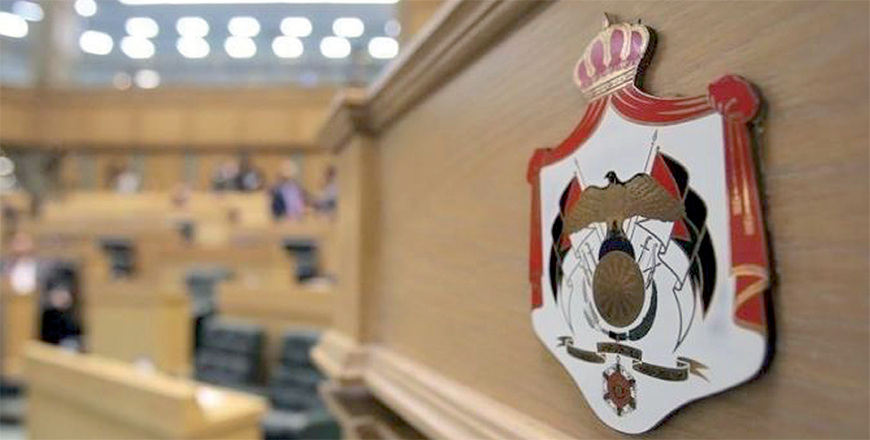You are here
'Lawmakers to discuss amendments to Real Estate Ownership Law with all sectors'
By JT - Apr 28,2025 - Last updated at Apr 28,2025

The Lower House will open a nationwide dialogue with all sectors on the 2025 amendments to the Real Estate Ownership Law, head of the Lower House’s Committee on Economy and Investment Khaled Abu Hassan says on Monday (File photo)
AMMAN — The Lower House will open a nationwide dialogue with all sectors on the 2025 amendments to the Real Estate Ownership Law, head of the Lower House’s Committee on Economy and Investment Khaled Abu Hassan said on Monday.
Abu Hassan said that the amendments, which sparked controversy within economic sectors and the wider pubic, are currently under review by the Lower House, according to the Jordan News Agency, Petra, reported.
He said that an agreement has been reached with the government to open a dialogue with all sectors to clarify the bill’s articles and address any misunderstandings.
Abu Hassan stressed that the draft law would not impose any additional burden on taxpayers, nor would it introduce tax increases; instead, it would entail reductions, as pledged by the prime minister and endorsed by the Lower Chamber.
He added that these discussions would continue over the coming months, and the draft law would be presented to the Lower House during the next House session.
The Cabinet, during a recent session chaired by Prime Minister Jafar Hassan, endorsed draft amendments to the 2025 Real Estate Ownership Law.
The Cabinet at the time said that the amendments aimed at “streamlining” land registration procedures and “facilitating” the dissolution of joint ownership.
The amendments grant expanded authority to the Department of Lands and Survey, enabling it to deliver “faster, more efficient services and reduce bureaucratic hurdles.”
The amended bill introduces mechanisms to regulate joint ownership dissolution committees and provides guidelines for determining fair compensation in cases of public expropriation.
It also addresses existing legal gaps by allowing companies, non-Jordanians, and legal entities to acquire property in specific unincorporated areas, which was previously restricted.
Under the new framework, legal entities engaged in lease financing will be able to obtain property permits directly from the Department of Lands and Survey and the Ministry of Finance, eliminating the need for Cabinet approval.
The move aims to “streamline” procedures and “enhance” investor access to Jordan’s property market.















